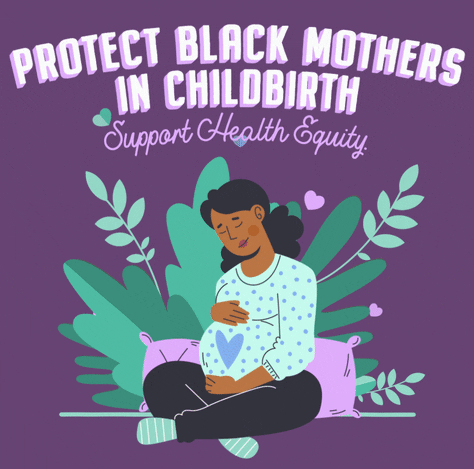There’s a name for what happened to me when I tried to breastfeed my daughter, and I didn’t learn it until she was almost in middle school. It’s called DME-R, or Dysphoric Milk Ejection Reflex, and it’s a condition where a rush of intense negative emotions is released while nursing. This isn’t about willpower or not trying hard enough. It’s a biological process that can be impacted by stress, hormonal imbalance, trauma, lack of support, medical complications, and racism in the medical system. And like most things in reproductive care, Black and brown birthing people are more likely to suffer from it silently, misdiagnosed, and unsupported.
I’m speaking directly from that silence.
When I became a mother at 15, I did so with the weight of every stereotype sitting on my shoulders. I was young, I was Black, and I was determined to prove everybody wrong. In my family, breastfeeding wasn’t just encouraged, it was expected. “Breast is best” was more than a phrase; it was a tradition, a badge of honor, a rite of passage. So, when my body would respond to my daughter latching by crying, shaking and throwing up, no matter how hard I tried; when my breasts remained heavy but dry, my baby unsatisfied; it felt like more than a medical issue. It felt like a spiritual and cultural failure.
I didn’t know about DME-R back then. No one around me did. There was no lactation consultant in my hospital room. No one paused to ask about the full context of my labor or postpartum care. I was handed formula samples like a consolation prize and sent home without answers. And even more than the physical pain, it was the emotional toll that stuck with me. I cried, pumped around the clock, prayed. With each feeding, my body would quickly become violently ill. And with each feeding, I felt shame harden into self-blame.
As a teen mom, the world already assumed I would fail. And this? It felt like proof. I was the only person in my family who “couldn’t” breastfeed, and nobody could tell me why.
Years later, when I was working as a birth doula, I was sitting in conversation with a Black lactation consultant. I shared my story like I had so many times before, still holding that ache in my throat. She looked at


